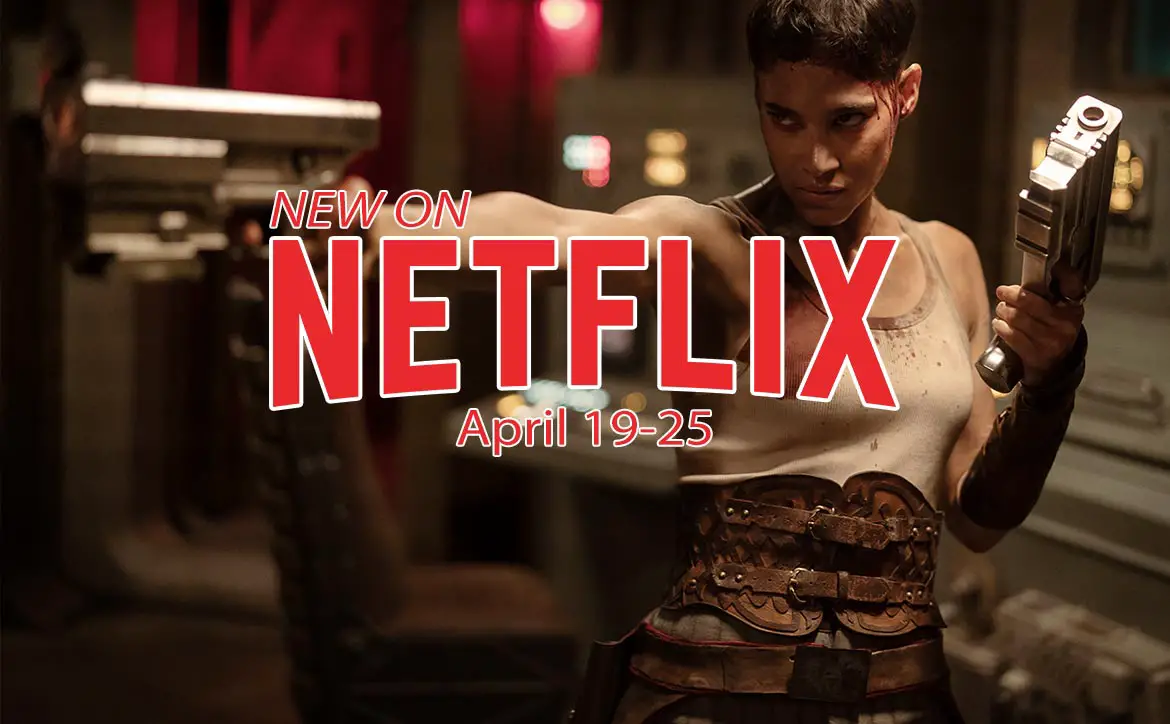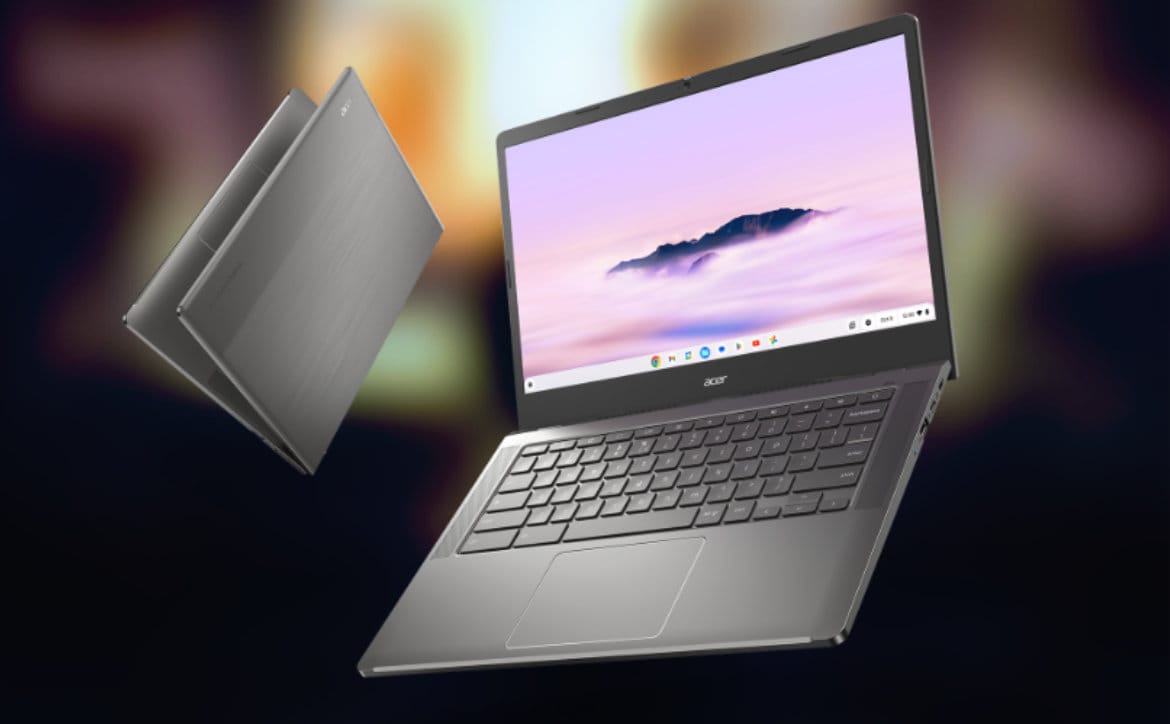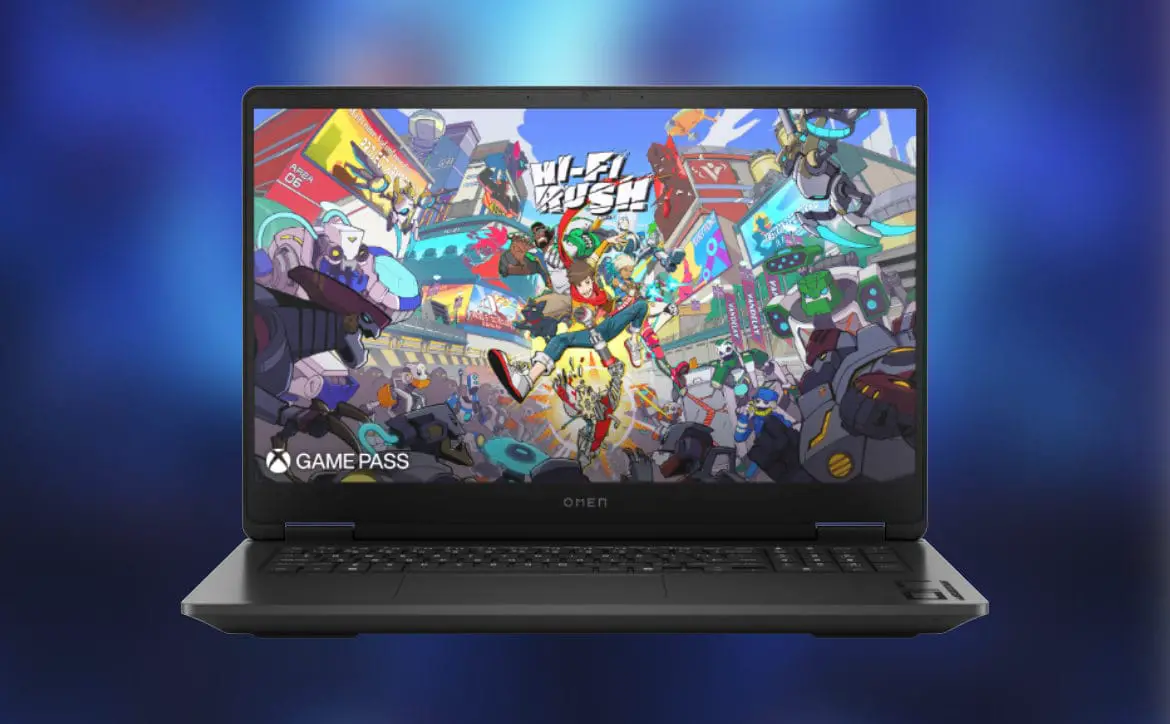Clickbait, sometimes called linkbait, is used by some publications to try and dramatize their headline to entice people to click and read it. For example, there could be a news story on the wire about iPhone sales figures and how iPhone sales for the month of November beat Android sales (this is just an example). Now there’s a few ways to write a headline for this story and it’s honestly up to the publication and writer to choose. A clickbait headline for this news story might read, Apple iPhone Outsells Android Devices. This, of course, is partially true. iPhone sales were better than Android, for the month of November. So the writer is luring the reader into the story by stating a partial truth (let’s not even get into people arguing the validity of some studies). A less clickbaity headline might be, iPhone Outsells Android For The Month Of November.
Clickbait Targets
There are a couple of different types of people who read the Internet. The majority of them are quiet, go about their business and just ignore irritating stuff (garbage in, garbage out). These are the general targets of most clickbait headlines. They’re easy going, click and read, then move on to the next link. Sometimes they believe the report, sometimes they don’t, it’s entirely a toss-up but that doesn’t matter because the headline did its job.
The other target are fewer in number but tend to be the loudest. Those people who love to argue and prove writers wrong. While their numbers are less they are the gold mine for targeting because their combative and argumentative nature drives more people to click. Once this group gets a hold of a story (and shares it) it will spread across the web fairly fast. Most often they pounce on a news story they strongly disagree with citing they are correcting some egregious wrong or mis-information.

While that might be partially true, this group just basically loves to argue and attempt to prove their point. Generally this group’s focus is any headline that may defame or soil their choices. For example, a Windows 10 user from this group may take exception to a headline insinuating that OS X is a better operating system. They feel they need to correct such an idea and they’re the ones to do it.
Why Some People Love Clickbait
Some people want to be heard. Some people want to defend their choices. Some people are just naturally argumentative no matter which way you present something. The very same people who complain about clickbait wouldn’t know what to do with themselves if they didn’t have it. They thrive on it, they love attempting to prove someone wrong or pointing out a flaw in someone or something else (especially if it contradicts their own choices).
Clickbait And Us
This subject has been on my mind for some time now and I struggled on how I would write this up without sounding clickbaity. I finally came to the conclusion that no matter how I wrote it and headlined it, someone will call it clickbait. I came to this conclusion from a social interaction I had concerning one of our other articles whose headline was accurate and factual but didn’t jive with one reader’s opinion so they called it clickbait.
The point is, we try very hard to not create clickbait headlines but as we continue to grow our audience there will inevitably be someone who will consider one of out headlines clickbait. Crafting headlines isn’t as easy as many of these critics might think. They want to say it is but 99% of them aren’t authors nor have they ever run a news website in their lives.
Headlines should be as factual as possible but they’re also used to present the story in a way that the reader wants to read more. Avoiding clickbait headlines continues to be one of our priorities but I’ve resigned myself to the fact that no headline is safe from the label of being clickbait.
Let’s be clear here: I’m not saying clickbait is a good thing. The amount of blatant clickbait headlines that get out there sucks. What I am saying is, clickbait headlines and articles work and some people thrive on them. There are other very large tech websites that use them and they’re very large because clickbait drives traffic. Their headlines bait the argumentative readers to share and comment so much so it amplifies the reach of the post and so the job of the headline is done.
I’m 100% certain that this very article will be called a clickbait article, so be it. To be clear though, I wrote this editorial because the subject has been on my mind for a long time now and we’ve worked very hard to pay close attention to our headlines. But finding even our factual headlines are being labeled clickbait, the fact is, you can’t make everyone happy.
What do you think about clickbait headlines and articles? Are you the type that reads and moves on? Or are you the type who needs to prove a point or correct something you find objectionable? Let us know in the comments below or on Google+, Facebook and Twitter.
Last Updated on November 27, 2018.










